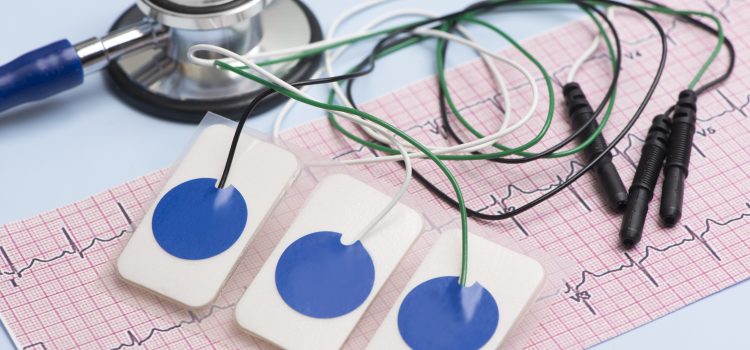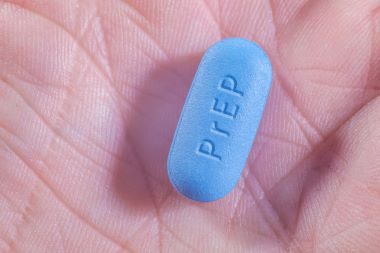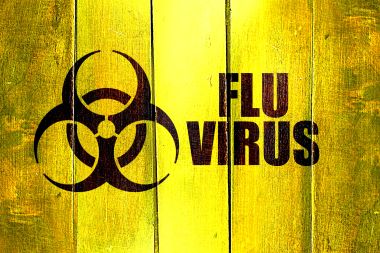Anecdotal evidence that ongoing direct oral anticoagulant (DOAC) use might reduce a patient’s risk for severe disease with COVID-19 appears to have been wishful thinking, if the results of a study just published in the Journal of Internal Medicine are any indication. The authors found no association between DOAC use and lower incidence of hospital admission for COVID-19, or a composite of intensive care unit admission of death. As such, they concluded that DOAC use …
Read More









